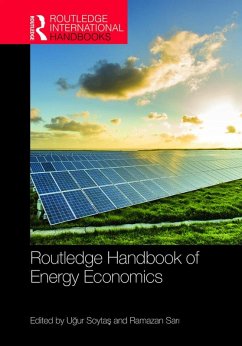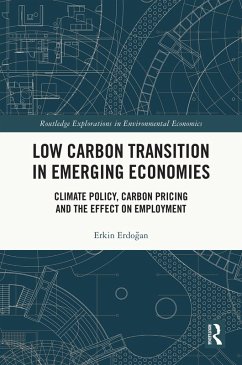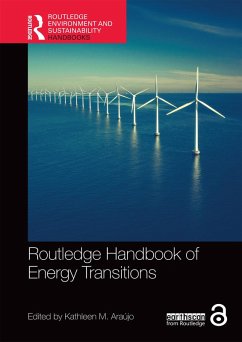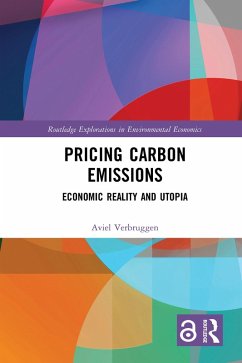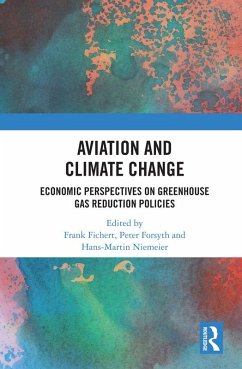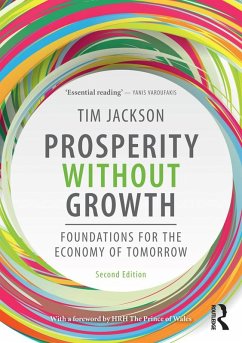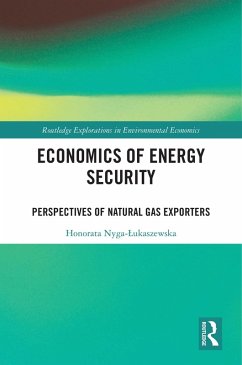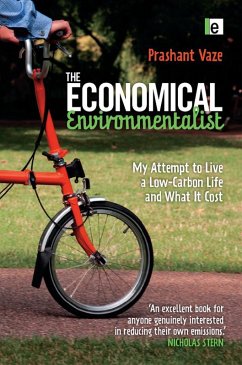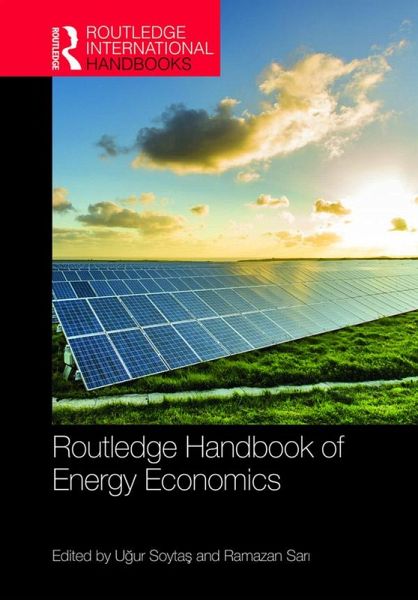
Routledge Handbook of Energy Economics (eBook, ePUB)
Versandkostenfrei!
Sofort per Download lieferbar
45,95 €
inkl. MwSt.
Weitere Ausgaben:

PAYBACK Punkte
23 °P sammeln!
Energy consumption and production have major influences on the economy, environment, and society, but in return they are also influenced by how the economy is structured, how the social institutions work, and how the society deals with environmental degradation. The need for integrated assessment of the relationship between energy, economy, environment, and society is clear, and this handbook offers an in-depth review of all four pillars of the energy-economy-environment-society nexus.Bringing together contributions from all over the world, this handbook includes sections devoted to each of th...
Energy consumption and production have major influences on the economy, environment, and society, but in return they are also influenced by how the economy is structured, how the social institutions work, and how the society deals with environmental degradation. The need for integrated assessment of the relationship between energy, economy, environment, and society is clear, and this handbook offers an in-depth review of all four pillars of the energy-economy-environment-society nexus.
Bringing together contributions from all over the world, this handbook includes sections devoted to each of the four pillars. Moreover, as the financialization of commodity markets has made risk analysis more complicated and intriguing, the sections also cover energy commodity markets and their links to other financial and non-financial markets. In addition, econometric modeling and the forecasting of energy needs, as well as energy prices and volatilities, are also explored. Each part emphasizes the multidisciplinary nature of the energy economics field and from this perspective, chapters offer a review of models and methods used in the literature.
The Routledge Handbook of Energy Economics will be of great interest to all those studying and researching in the area of energy economics. It offers guideline suggestions for policy makers as well as for future research.
Bringing together contributions from all over the world, this handbook includes sections devoted to each of the four pillars. Moreover, as the financialization of commodity markets has made risk analysis more complicated and intriguing, the sections also cover energy commodity markets and their links to other financial and non-financial markets. In addition, econometric modeling and the forecasting of energy needs, as well as energy prices and volatilities, are also explored. Each part emphasizes the multidisciplinary nature of the energy economics field and from this perspective, chapters offer a review of models and methods used in the literature.
The Routledge Handbook of Energy Economics will be of great interest to all those studying and researching in the area of energy economics. It offers guideline suggestions for policy makers as well as for future research.
Dieser Download kann aus rechtlichen Gründen nur mit Rechnungsadresse in A, B, BG, CY, CZ, D, DK, EW, E, FIN, F, GR, HR, H, IRL, I, LT, L, LR, M, NL, PL, P, R, S, SLO, SK ausgeliefert werden.




